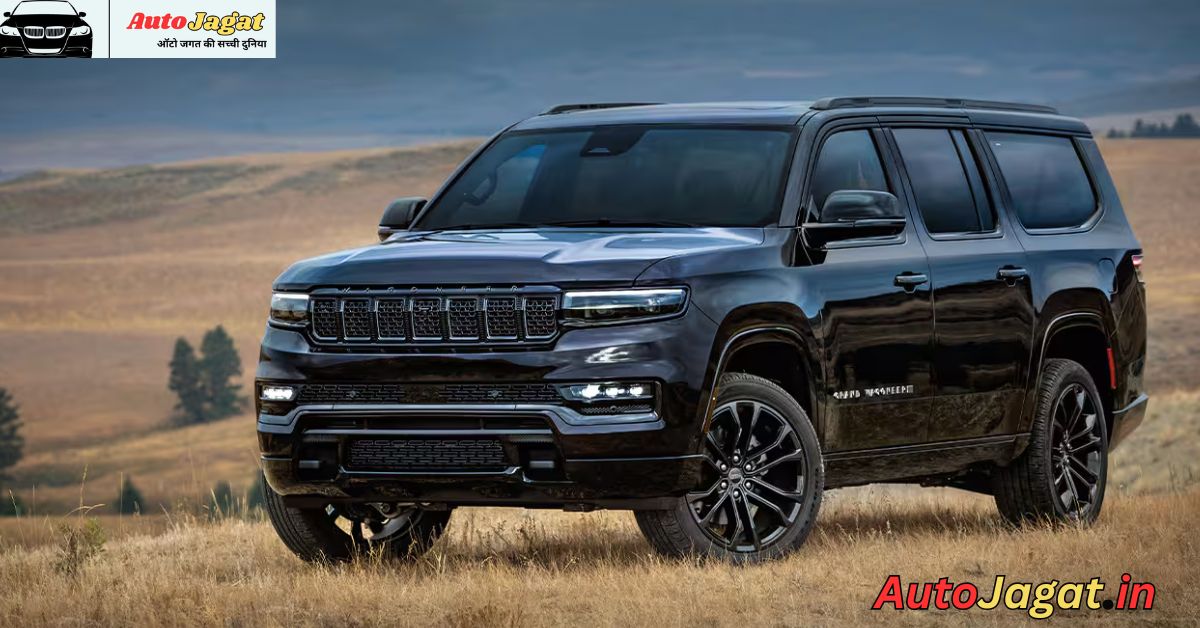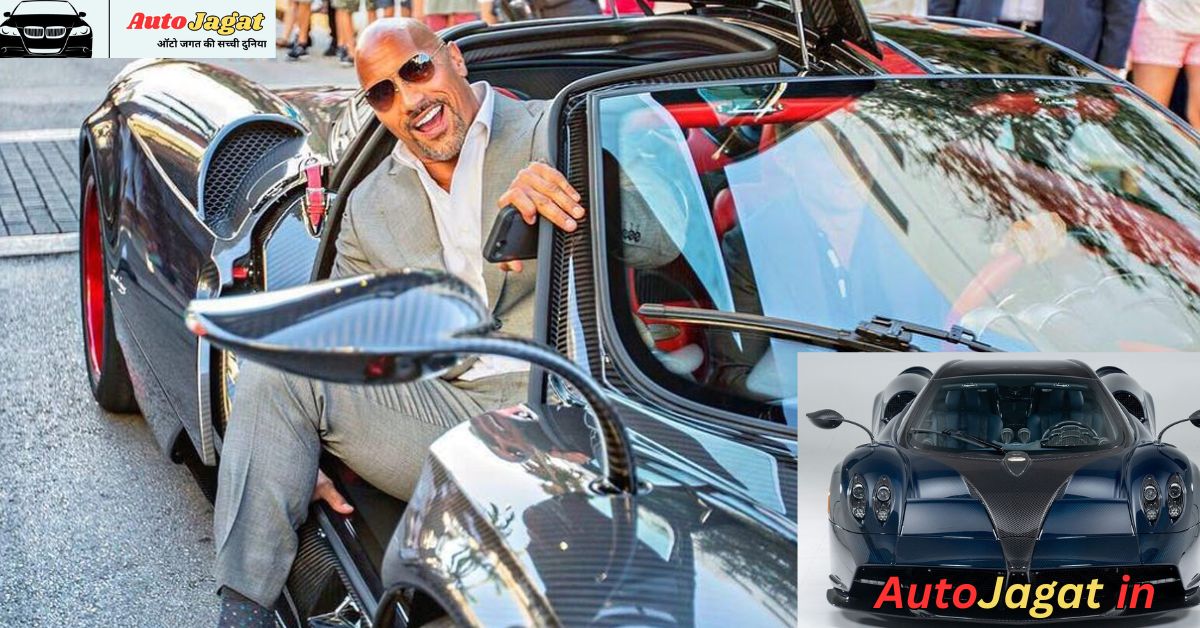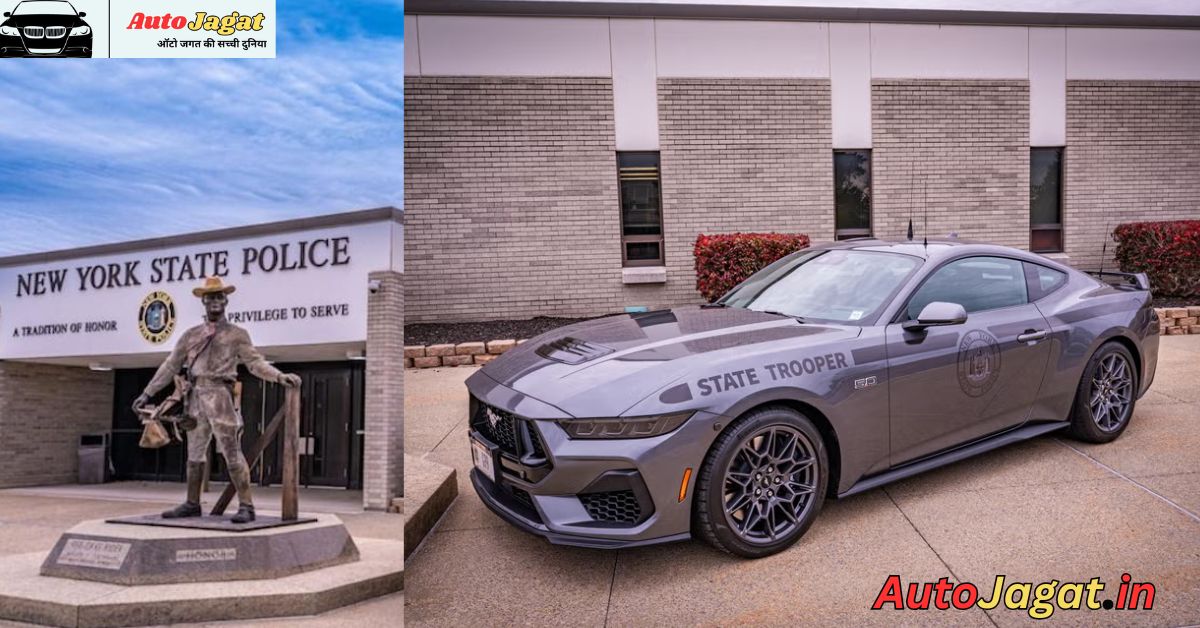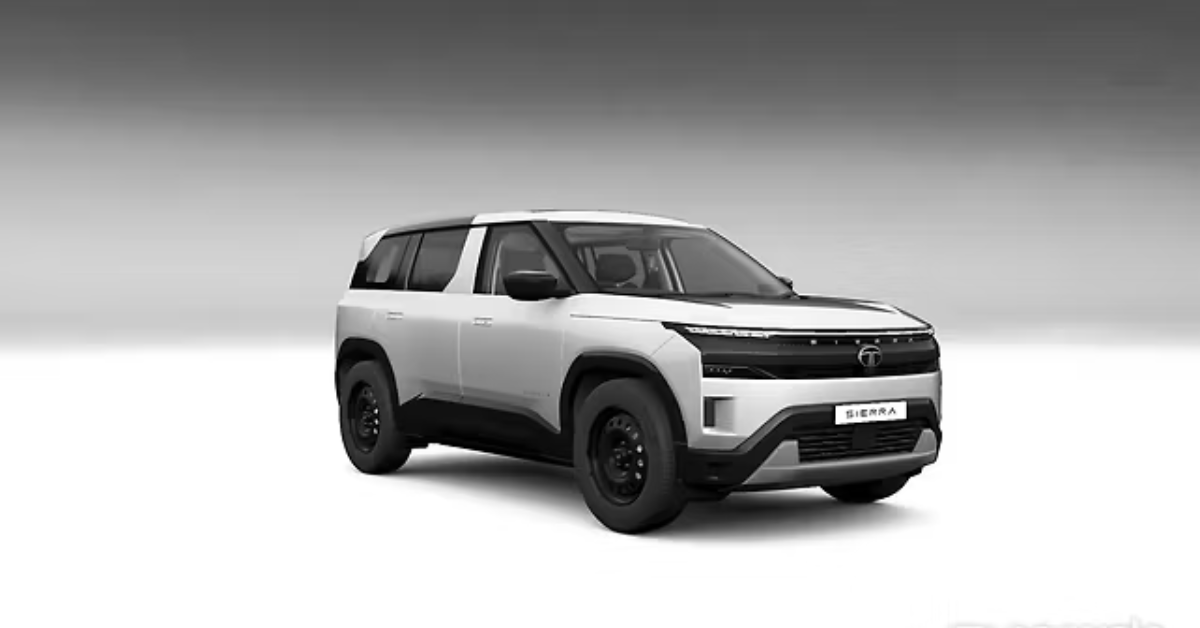As India’s automotive market rapidly evolves with growing interest in electric and hybrid vehicles, MG Motor has announced a key strategic shift — a multi-powertrain approach for select models. This means MG plans to offer electric vehicles (EVs), hybrid electric vehicles (HEVs), and internal combustion engine (ICE) versions within the same vehicle platforms or product families.
The move comes as MG looks to solidify its presence in India and cater to diverse consumer demands, government regulations, and infrastructure availability. With this flexible powertrain strategy, MG aims to not only stay competitive but also to lead the way in smart mobility solutions across various segments.
Let’s explore what this strategy means for Indian consumers, MG’s current and future lineup, and how it may influence the broader auto industry.
🔄 Why MG is Embracing a Multi-Powertrain Strategy
MG’s decision to introduce multiple powertrain options stems from a variety of factors, including:
1. Consumer Diversity
India is home to a wide range of automotive buyers — from traditional petrol/diesel lovers to early EV adopters. Offering multiple powertrain options ensures MG can serve every type of customer.
2. Infrastructure Readiness
While EV infrastructure is improving, it’s still concentrated in Tier 1 cities. In contrast, ICE and hybrid vehicles offer greater flexibility in less urbanized areas.
3. Emission Regulations
With tightening CAFÉ norms and upcoming BS7 emission rules, automakers are under pressure to reduce CO₂ emissions. Hybrid and EV options help brands meet these targets efficiently.
4. Market Trends
Rivals like Toyota, Maruti Suzuki, and Honda are betting big on hybrids. MG’s entry into this space is a strategic response to growing hybrid demand.
⚙️ What is a Multi-Powertrain Strategy?
Simply put, MG is looking to offer multiple engine options for the same vehicle platform or model family. This could include:
| Powertrain Type | Fuel/Power Source | Example Benefits |
|---|---|---|
| ICE | Petrol / Diesel | Lower initial cost, long driving range |
| Hybrid (HEV) | Petrol + Electric | Better mileage, reduced emissions |
| Plug-in Hybrid | Rechargeable EV + ICE | EV-like drive with extended ICE backup |
| Electric (BEV) | Battery-powered | Zero tailpipe emission, low running cost |
🚗 MG Models That May Get Multi-Powertrain Options
Though MG has not officially confirmed the exact models yet, here are a few that are likely to get dual or triple powertrain versions in the near future:
1. MG Hector / Hector Plus
- Current: Petrol & Diesel
- Future: Mild-Hybrid or Strong Hybrid
- Why?: Popular family SUV with a wide customer base. A hybrid variant can bridge the gap before a full EV version.
2. MG Astor
- Current: Petrol
- Future: Strong Hybrid (Honda Elevate & Toyota Hyryder rival)
- Why?: Compact SUV buyers are increasingly demanding high mileage + automatic.
3. MG Gloster
- Current: Diesel only
- Future: Possible Diesel-Hybrid or Plug-in Hybrid
- Why?: Premium segment customers expect performance without sacrificing efficiency.
4. MG Comet EV
- Current: Pure Electric
- Future: Possible Petrol/CNG variant (in low-end markets)
- Why?: Urban mobility vehicle that could benefit from flexible variants in Tier 2/3 cities.
5. MG Cloud EV & Marvel R (Upcoming)
- Future: May come in both BEV and Plug-in Hybrid versions for export and Indian markets.
🔋 EVs Will Remain a Priority, But Hybrids Get a Boost
MG has already established itself as a leading EV brand in India with products like:
- MG ZS EV
- MG Comet EV
However, the company recognizes that not all customers are ready for a full EV switch due to infrastructure and cost concerns. Hence, hybrid powertrains serve as a transition technology while retaining environmental benefits.
MG India’s leadership has hinted at strong hybrid models being locally developed and possibly assembled in India to keep costs competitive.
🇮🇳 India-Specific Focus: Localization & Affordability
MG is expected to:
- Increase localization levels across hybrid and electric models
- Collaborate with local suppliers and technology partners
- Price vehicles competitively in the ₹12–₹25 lakh range
- Offer flexible finance & subscription plans for EVs and hybrids
The goal is to make electrified mobility more affordable and accessible across income groups — a key factor in India’s growth.
💼 Impact on Indian Auto Industry
MG’s strategy could trigger a ripple effect across the market:
| Impact Area | Likely Effect |
|---|---|
| Competition | More brands may expand hybrid offerings |
| Customer Choice | Buyers will benefit from more fuel-efficient options |
| Pricing Strategy | Pressure on rivals to price hybrids more aggressively |
| R&D Investment | Accelerated hybrid and EV tech development |
| Dealership Training | Need for upgraded sales and after-sales service for hybrids/EVs |
📆 Launch Timeline & Future Outlook
While MG has not provided a concrete launch calendar for its new hybrid or multi-powertrain vehicles, industry insiders suggest:
- First hybrid variant (likely Astor or Hector): Late 2025
- New EVs under ₹15 lakh: By early 2026
- Plug-in Hybrid Imports or CKD models: In the premium segment by 2026-27
MG’s long-term vision includes building a smart mobility ecosystem with connected vehicles, alternate fuels, and AI-powered in-car tech.
🏁 Conclusion: MG’s Future is Flexible and Forward-Looking
By adopting a multi-powertrain strategy, MG Motor India is proving it understands the needs of a diverse market. Instead of pushing customers in one direction (full EV), MG is offering freedom of choice — hybrid, petrol, electric — based on what suits your lifestyle best.
This approach not only makes MG a more inclusive brand but also strengthens its position as a forward-thinking automaker ready to embrace every aspect of the mobility transition.
As India marches towards a cleaner, smarter automotive future, MG’s balanced blend of EVs, hybrids, and ICE models is a promising step in the right direction.





